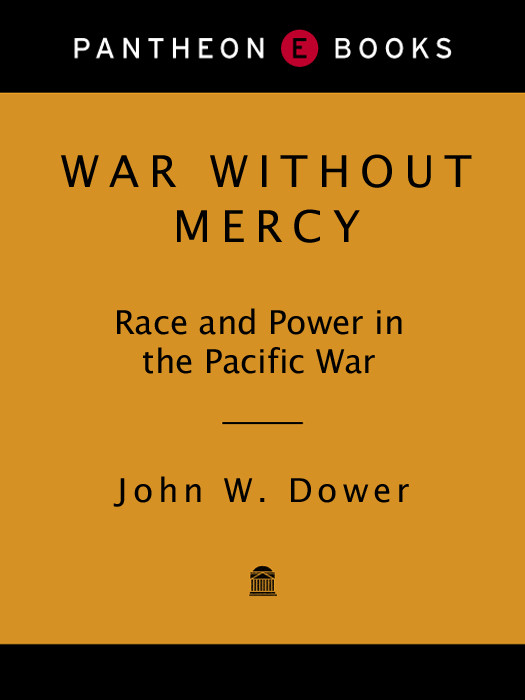

Most ebook files are in PDF format, so you can easily read them using various software such as Foxit Reader or directly on the Google Chrome browser.
Some ebook files are released by publishers in other formats such as .awz, .mobi, .epub, .fb2, etc. You may need to install specific software to read these formats on mobile/PC, such as Calibre.
Please read the tutorial at this link: https://ebookbell.com/faq
We offer FREE conversion to the popular formats you request; however, this may take some time. Therefore, right after payment, please email us, and we will try to provide the service as quickly as possible.
For some exceptional file formats or broken links (if any), please refrain from opening any disputes. Instead, email us first, and we will try to assist within a maximum of 6 hours.
EbookBell Team

5.0
78 reviewsWINNER OF THE NATIONAL BOOK CRITICS CIRCLE AWARD
AN AMERICAN BOOK AWARD FINALIST
Now in paperback, War Without Mercy has been hailed by The New York Times as “one of the most original and important books to be written about the war between Japan and the United States.” In this monumental history, Professor John Dower reveals a hidden, explosive dimension of the Pacific War—race—while writing what John Toland has called “a landmark book . . . a powerful, moving, and evenhanded history that is sorely needed in both America and Japan.”
Drawing on American and Japanese songs, slogans, cartoons, propaganda films, secret reports, and a wealth of other documents of the time, Dower opens up a whole new way of looking at that bitter struggle of four and a half decades ago and its ramifications in our lives today. As Edwin O. Reischauer, former ambassador to Japan, has pointed out, this book offers “a lesson that the postwar generations need most . . . with eloquence, crushing detail, and power.”
**
Amazon.com ReviewDower's premise in War without Mercy is a startling one: Though Western allies were clearly headed for victory, pure racism fueled the continuation and intensification of hostilities in the Pacific theater during the final year of World War II, a period that saw as many casualties as in the first five years of the conflict combined. Dower doesn't reach this disturbing conclusion lightly. He combed through piles of propaganda films, news articles, military documents, cartoons--even entries in academic journals in researching this book. Though his case is strong, Dower minimizes other factors, such as the protracted negotiations between the West and the Japanese.
From Publishers WeeklyOne of the most disturbing examples of racism in the Pacific War was the execution of Allied POWs by the Japanese while American planes were dropping bombs on Tokyothis on the final day of the war, a year after Japan's defeat was assured. Dower, professor of Japanese history at UC San Diego, traces in rich detail the development of racism on both sides of the Pacific, including an analysis of wartime propaganda comparing Frank Capra's "Why We Fight" films with their Japanese counterparts. The book leaves no room for doubt about the intensity of racial loathing among all, and shows that its effects were virtually identical. This startling work of scholarship has a larger theme, however, than racially inspired atrocities in the Pacific theater. Dower examines the abrupt transition from what he describes as "a bloody racist war" to an amicable postwar relationship between the two countries, and notes that the stereotypes that fed superpatriotism and racial hatred were surprisingly adaptable to cooperation in peacetime. This phase of the relationship was followedin an instance of considerable historical ironyby an "economic Pearl Harbor," as Japan won victory after victory in the global trade wars and an entrepreneurial superpower was perceived as looming on the Pacific horizon. Japan's postwar accomplishments having shattered the teacher-pupil model that defined the countries' postwar relationship, pejorative stereotypes have been resurrected and applied to the battlefields of commerce. To cite one of the mildest of Dower's examples: 89% of Australian executives polled in 1984 considered the Japanese untrustworthy and devious. Those concerned with the seductive power and universal influence of racism in the 20th century will find this landmark study absorbing and essential. Photos.
Copyright 1986 Reed Business Information, Inc.